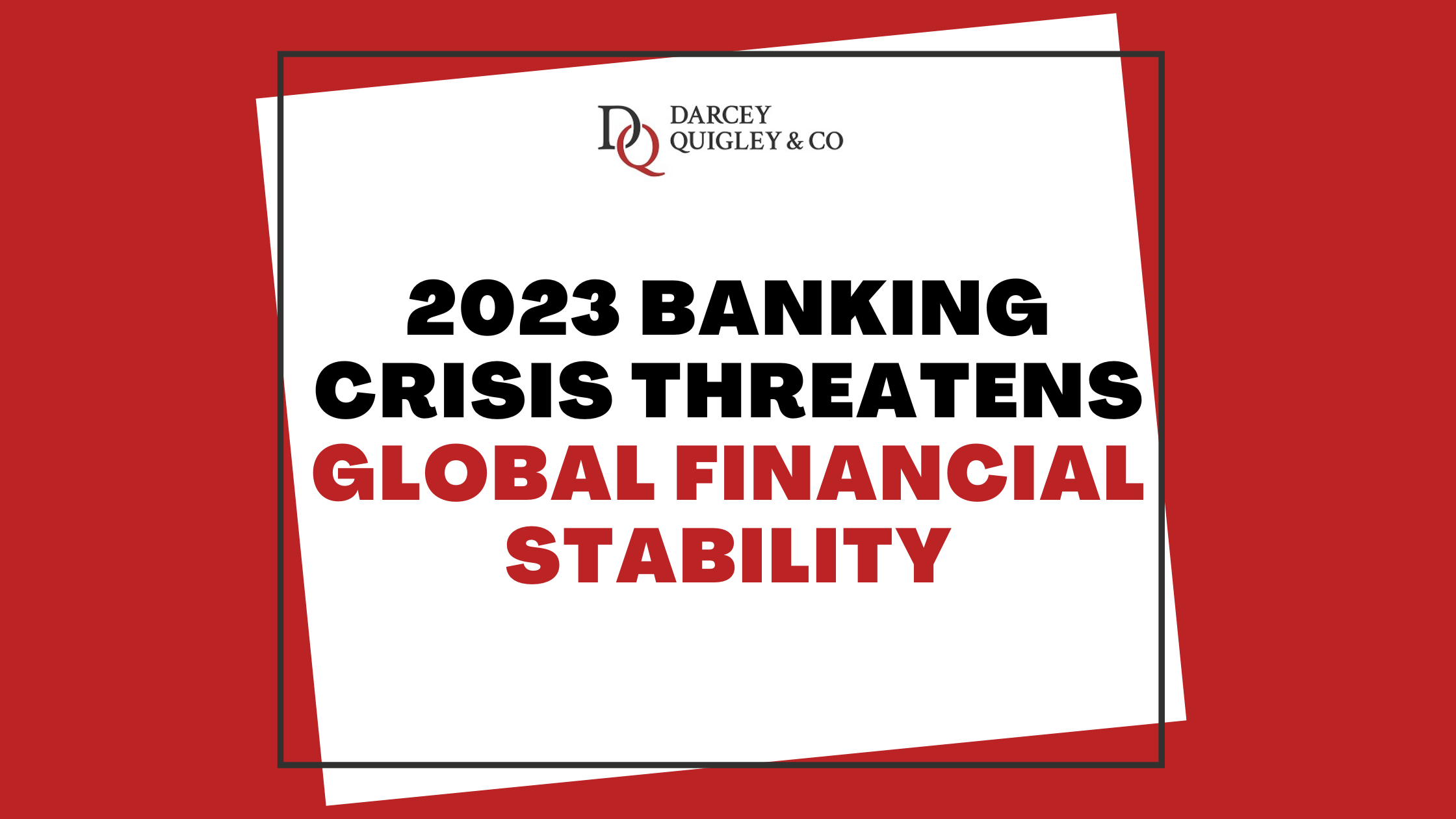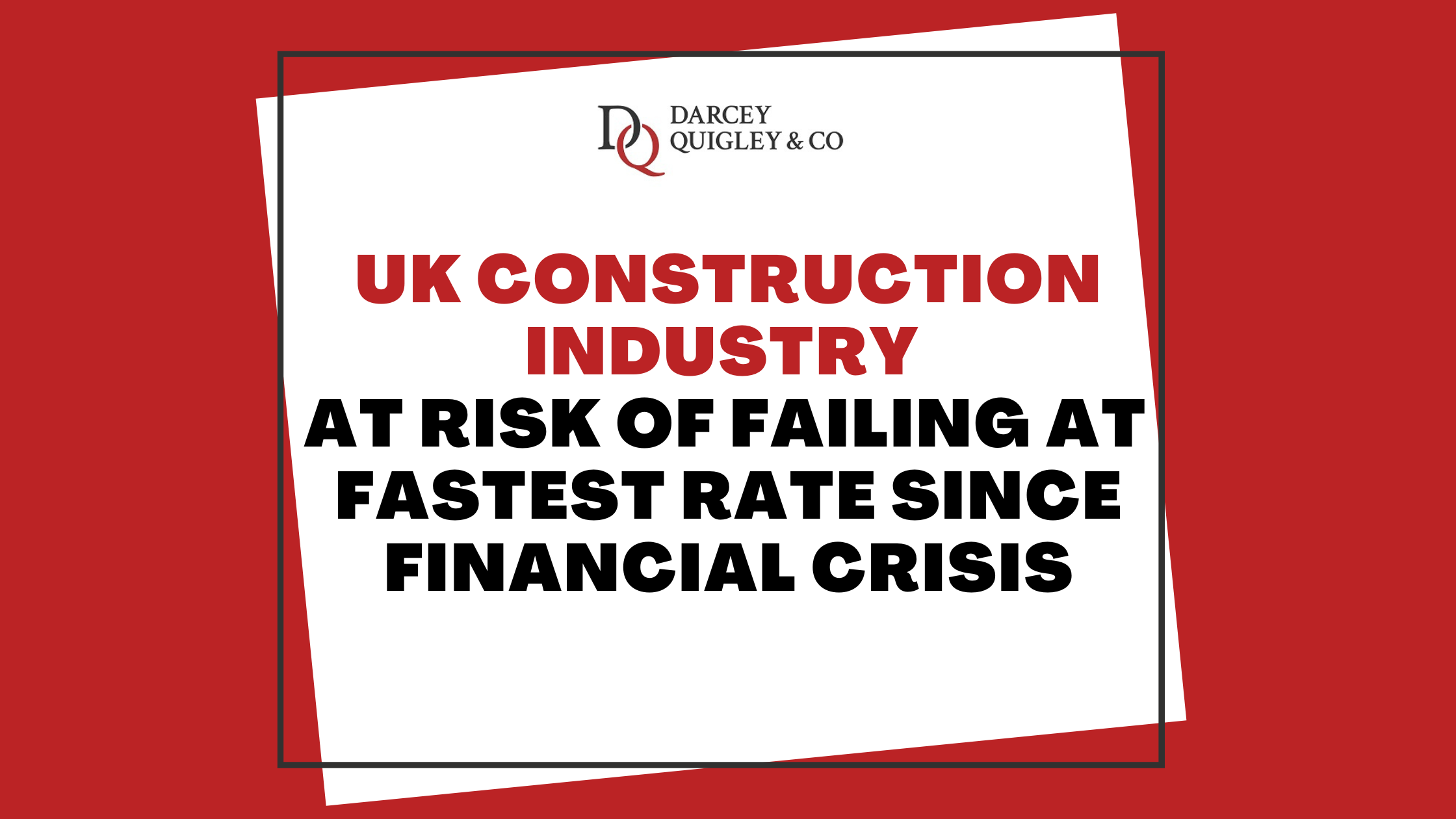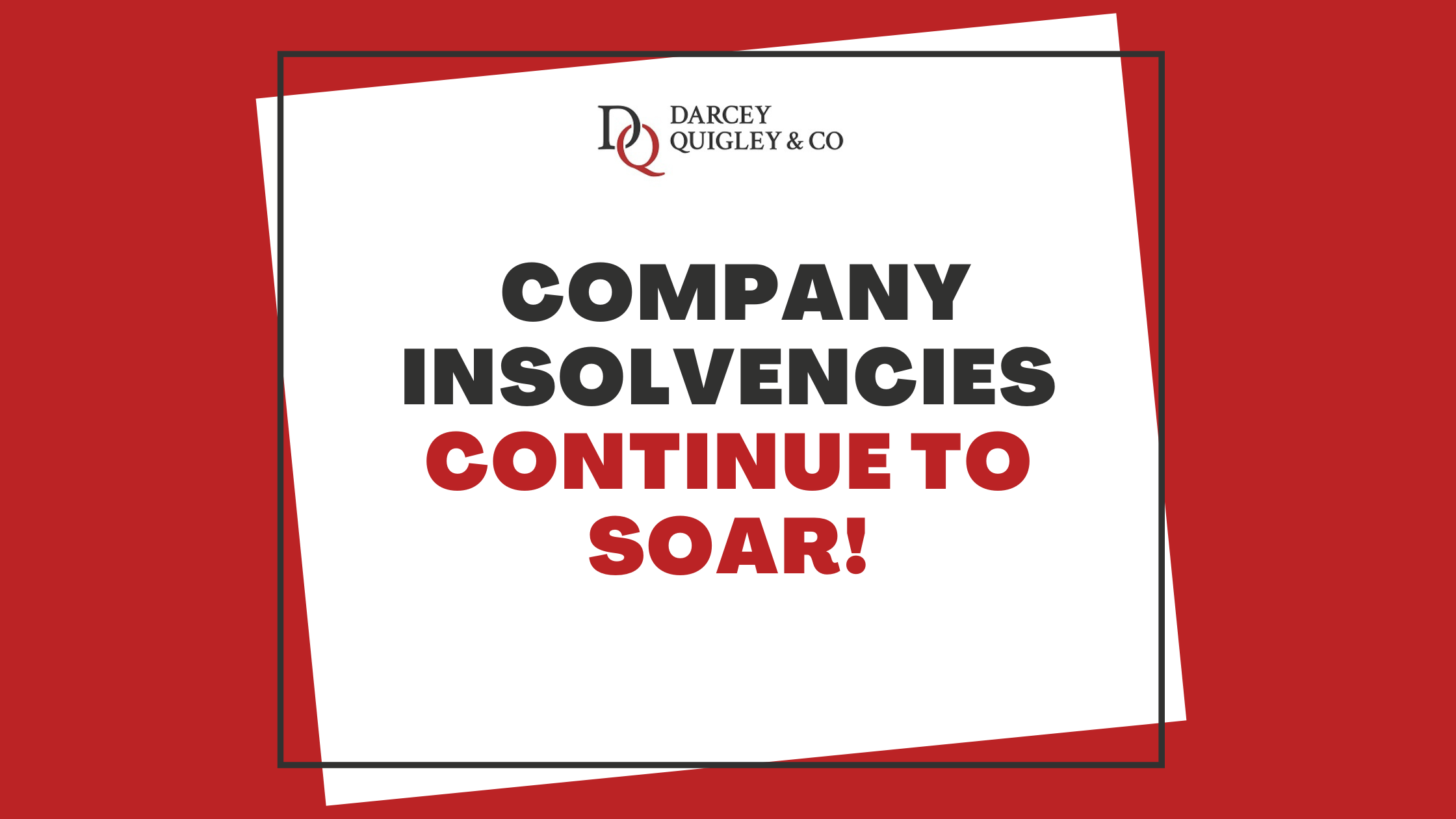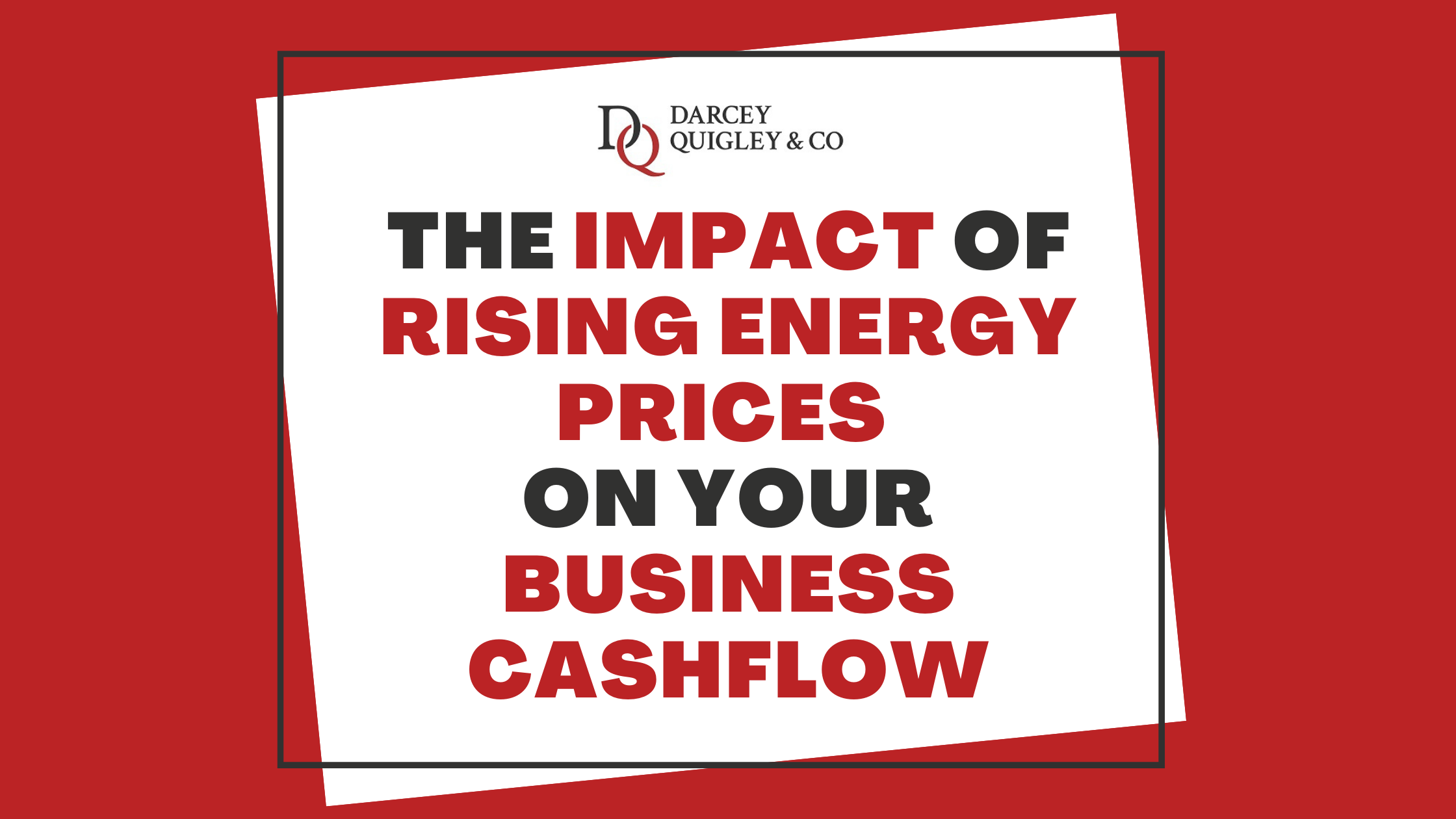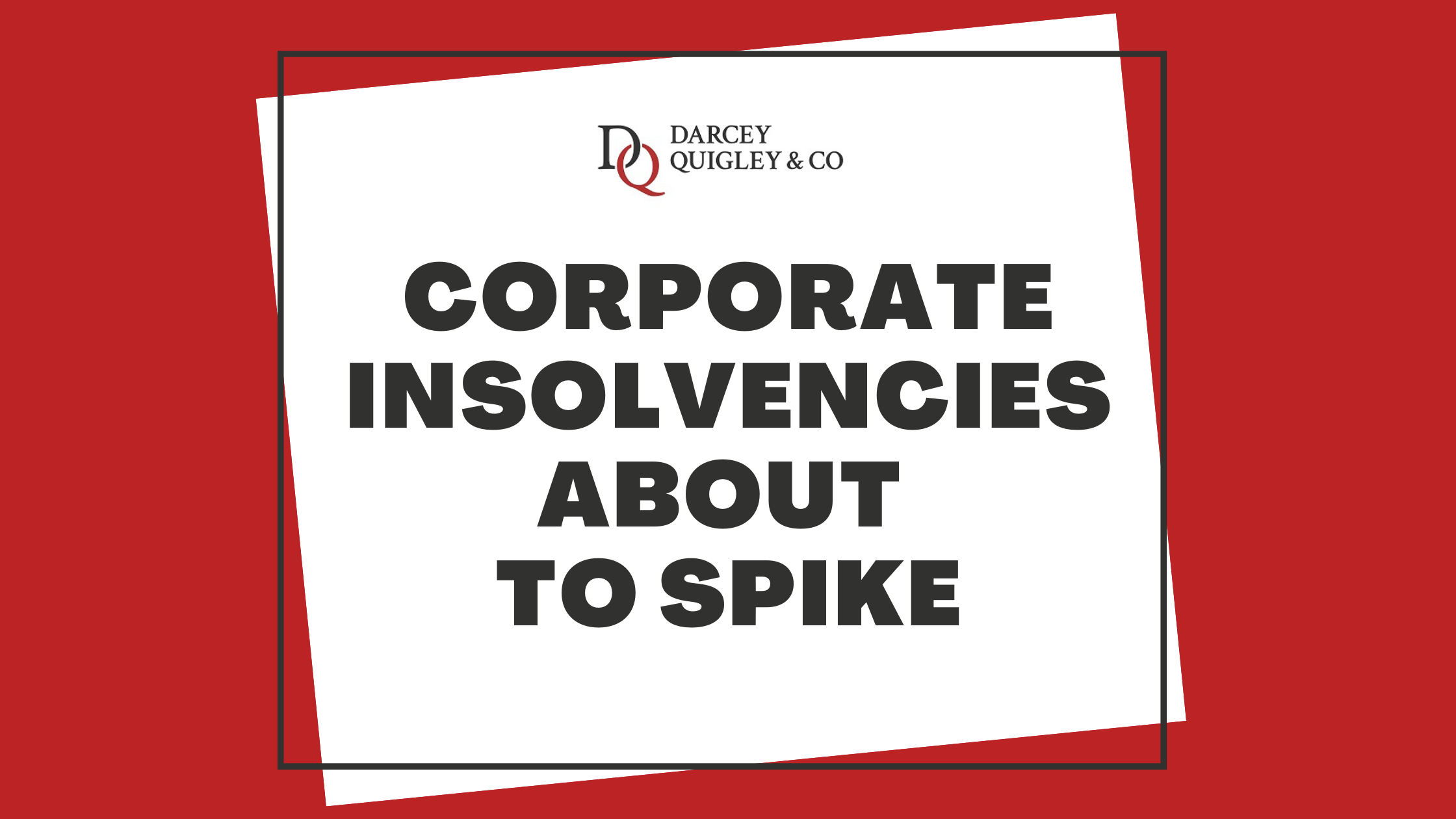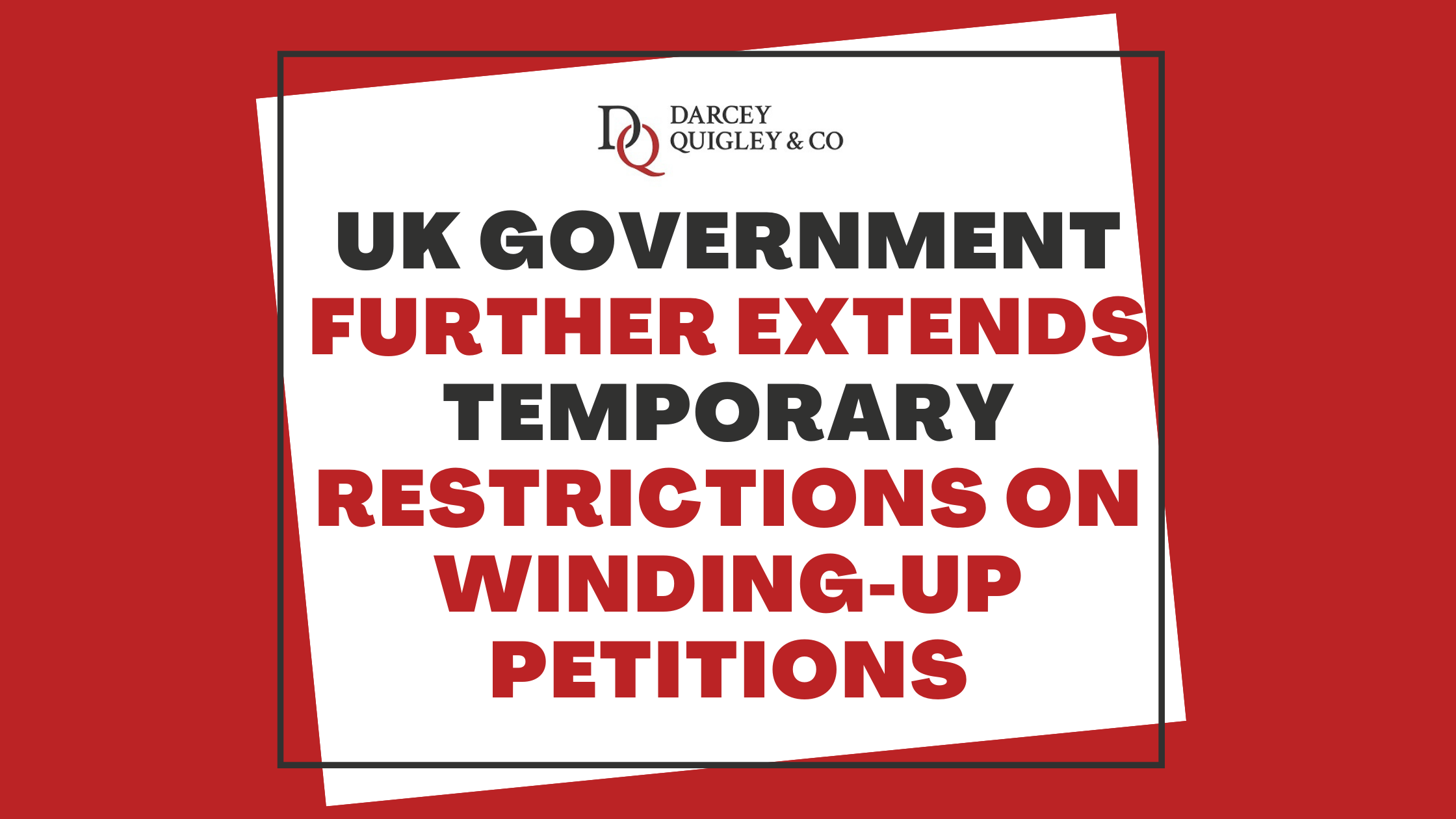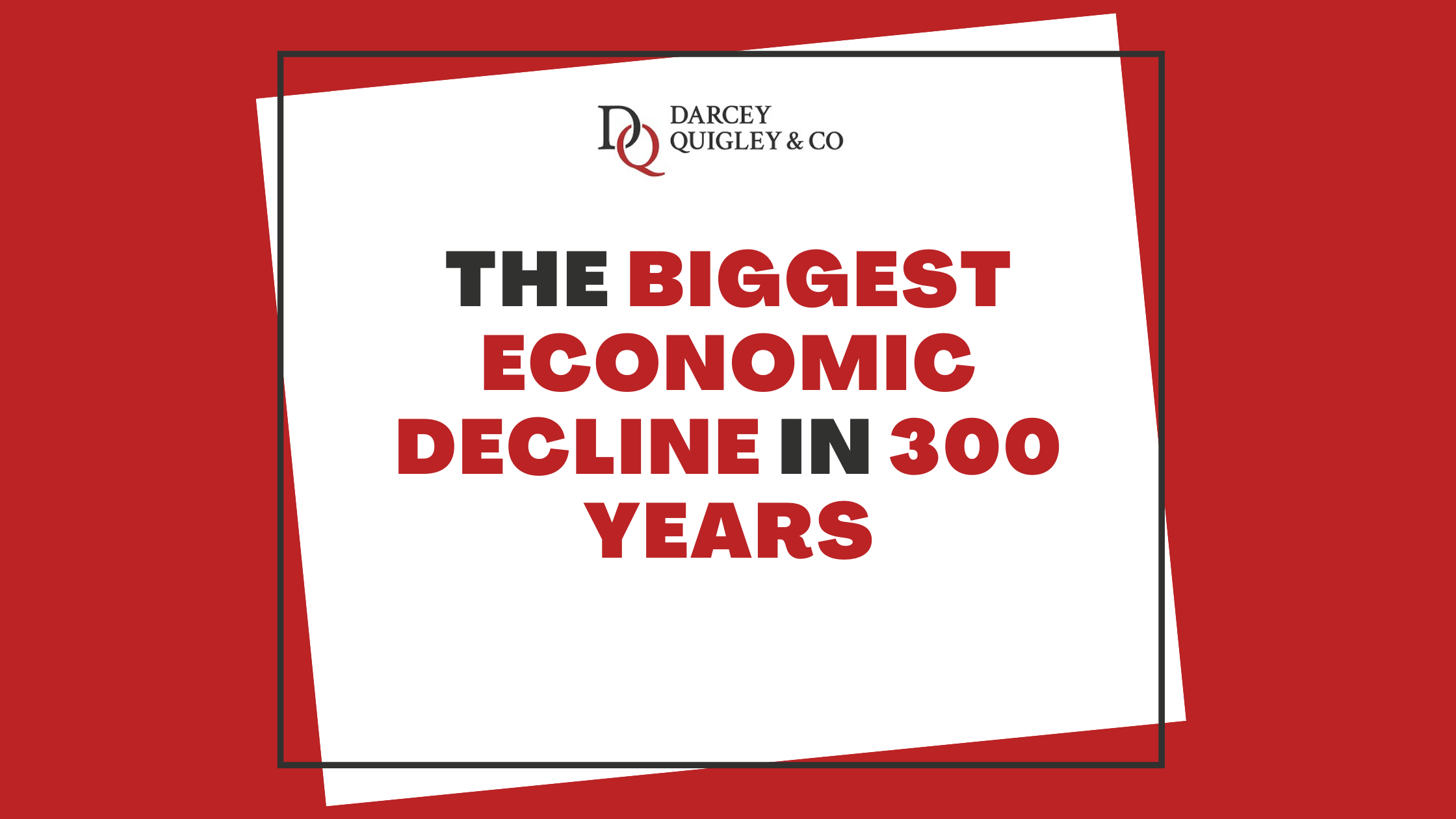The Importance of Credit Control in Debt Recovery
In today’s dynamic and interconnected business environment, maintaining a healthy cashflow is paramount for the sustained success of any organisation.
Unfortunately, unpaid debts and late payments can disrupt the smooth operation of a business, posing significant challenges to its financial stability.
SMEs each have an average £68,413 owed to them in unpaid invoices!
This is where credit control plays a vital role in debt recovery. By implementing effective credit control measures, your business can proactively manage and mitigate the risks associated with outstanding debts, ensuring the uninterrupted flow of funds and safeguarding your financial well-being.
Understanding Credit Control
Credit control refers to the system of managing credit granted to customers and ensuring the timely payment of outstanding debts.
It involves a series of processes, policies, and procedures that enable businesses to evaluate the creditworthiness of potential clients, set appropriate credit limits, monitor outstanding balances, and take proactive measures to recover any overdue payments.
Importance of Credit Control in Debt Recovery
Assessing Creditworthiness
Implementing a credit control framework allows businesses to evaluate the creditworthiness of their customers before extending credit.
This includes reviewing their financial history, conducting credit checks, and analysing their payment patterns.
By assessing creditworthiness, your businesses can identify potential risks and make informed decisions about extending credit, reducing the likelihood of non-payment or default.
We’ve partnered with Know-it, the all-in-one credit control solution. Part of the platform gives you unparalleled credit insight to help you make more informed credit decisions with data from Creditsafe, The Gazette, Companies House and Unsecured Creditor Claims.
Try it free for 30-days and get a free company credit report!
Setting Credit Limits
Effective credit control involves establishing appropriate credit limits for customers based on their financial standing, payment history, and creditworthiness.
By setting realistic credit limits, you can control your exposure to potential bad debts and avoid granting excessive credit that may strain your cashflow.
This proactive approach enables your business to manage financial resources efficiently and reduce the risk of customers accumulating unmanageable debts.
Monitoring Outstanding Balances
Regular monitoring of outstanding balances is a crucial aspect of credit control.
By keeping track of customer accounts and proactively identifying overdue payments, businesses can take immediate action to recover outstanding debts.
This may involve sending reminders, issuing payment demands, or initiating debt collection procedures.
Prompt monitoring helps prevent small arrears from snowballing into significant financial losses, thereby protecting the financial stability of your company.
Find out more in our guide to sending overdue invoice reminders & chasing late payments.
Struggling for time? Send automatic payment reminders and chasers with Know-it!
Building Stronger Customer Relationships
Effective credit control is not solely about recovering debts; it also contributes to the development of stronger customer relationships.
By maintaining clear lines of communication, addressing payment issues promptly, and offering flexible payment options, businesses can foster trust and transparency with their customers.
This proactive approach enhances customer loyalty and encourages timely payments, reducing the likelihood of future late payments.
Enhancing Cashflow and Financial Stability
One of the most critical aspects of credit control is its impact on cashflow management and overall financial stability.
Timely debt recovery ensures a steady inflow of funds, allowing your business to meet its financial obligations, such as paying suppliers, covering operating costs, and investing in growth opportunities. By reducing the burden of outstanding debts, you can improve liquidity and maintain a solid financial foundation.
Mitigating Risk and Protecting Profitability
Effective credit control measures help businesses mitigate the risk of bad debts and protect profitability.
By identifying potential credit risks early on, you can make informed decisions about extending credit and take appropriate steps to minimise the likelihood of non-payment.
This proactive approach reduces the need for costly legal actions or debt write-offs, safeguarding your business’ financial health and preserving profitability.
Conclusion
Credit control plays a crucial role in debt recovery, enabling your business to maintain financial stability and sustain your operations.
By implementing effective credit control measures, you can assess the creditworthiness of customers, set appropriate credit limits, monitor outstanding balances, and recover overdue payments in a timely manner.
These proactive measures not only enhance cashflow but also protect your organisation from potential bad debts, mitigate risks, and foster stronger customer relationships.
Are unpaid invoices preying on your mind?
Unpaid invoices can be worrying and a real cause for concern.
But there is support available to you.
Darcey Quigley & Co are here to support your business, just as we have helped countless other companies for over 16 years.
Call us on 01698 821 468 or schedule a call for a time that suits you here.
Why choose Darcey Quigley & Co
- Have interest, compensation and reasonable costs taken care of and collected for you.
- Significantly reduce debtor days.
- Support and live updates on your case from our friendly team.
- Your case actioned within just 1 hour.
- No win, no fee – You’ll only pay a percentage of your total debt as a fee when we recover your debt.
- 93% success rate collecting commercial debt.
- Rated 5 Stars on Trustpilot.
Get a free quote!
Use our free calculator and find out how much it will cost you to recover your unpaid invoices as well as see how much late payment interest and compensation you can claim from your clients.
The Late Payment of Commercial Debts Act means you can legally claim back commercial late payment interest, compensation and debt recovery costs from your client.
Find out how much you can claim in seconds.
Lynne is the Founder and CEO of Darcey Quigley & Co.
She is passionate and determined to help businesses get overdue invoices paid quickly.
Having worked within the credit management industry for over 27 years and ran UK leading commercial debt recovery specialists Darcey Quigley & Co for over 18 years, Lynne has helped businesses recover commercial debts from every continent across the globe.
Connect with me on LinkedIn!



